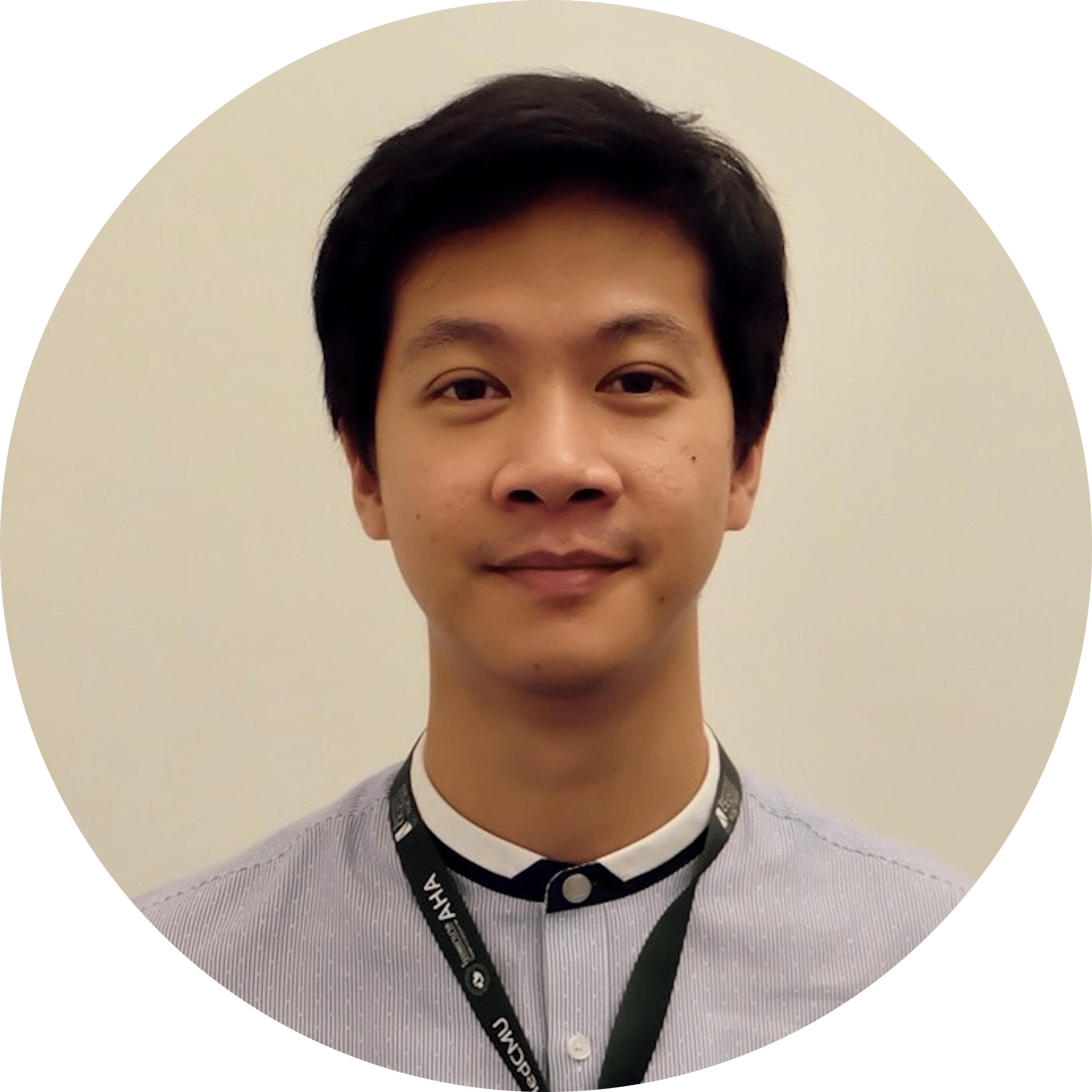
Programme: Cancer and Molecular Pathology and Genomics
Year of study: 2021-2022
Undergraduate education: Doctor of Medicine (M.D.), Chiang Mai University, Thailand
Current role: Assistant Professor of clinical haematology, Chiang Mai University, Thailand
Thanawat Rattanathammethee
Please could you tell us a bit about yourself and your academic background?
My name is Thanawat Rattanathammethee and my hometown is Chiang Mai, located in the northern part of Thailand. For my academic background, I graduated with a Doctor of Medicine (M.D.) with first-class honour, a residency in Internal Medicine, and a fellowship in Haematology from Chiang Mai University.
In 2014, I started my work at the Department of Internal Medicine, Faculty of Medicine, Chiang Mai University as a clinical instructor and haematology consultant for medical students, internal medicine residents, and haematology fellowship trainees. I have been an assistant professor of clinical haematology at Chiang Mai University Thailand since 2018. I play multiple roles of teaching the trainees, providing clinical services, and performing clinical research.
What made you decide to study the Cancer and Molecular Pathology and Genomics programme at BCI, Queen Mary University of London?
I am interested in haematological malignancies, especially leukaemia, and exploring ways to tackle the difficulties that we need to overcome in order to improve patient outcomes. Barts Cancer Institute (BCI) is a famous organisation with a high research capacity under the Cancer Research UK (CRUK) group. Moreover, I was attracted to the modules in the programme that will allow me to improve my skills in translational research.
The clinical skills I already have and the translational skills and knowledge I have acquired in this course will simultaneously allow me to understand more about the disease and expand my research ideas for my career when I'm back at Chiang Mai University.
What have you enjoyed most about your time at BCI? Have there been any challenges?
As a clinician, I have no previous experience in laboratory skills. This course provides the Research Lab Skills module, which has helped me understand how researchers perform each lab technique for cancer research. This module comprises enriched teaching lab facilities, enthusiastic staff, and an interactive learning environment. In addition, the BCI features a tranquil green space in the centre of the campus and is close to the beautiful Charterhouse Square.
How did you find your lab project?
I started to research the supervisor who focuses on my interest, acute leukaemia. Subsequently, I found Professor Jude Fitzgibbon, the group leader at the Centre for Cancer Genomics and Computational Biology, and Dr Ana Rio-Machin have a lot of experience and publications in acute leukaemia research that attracted me to pursue the lab project within their group. Fortunately, I had the best chance in the lab project module, with both of them being my supervisor for the last 3 months of my MSc. This module creates the real-life experience of cancer research in a group of highly experienced researchers to support all your demands for pursuing your career.
How have you found living in London?
London is a lively city, enriched with multi-national cultures and many facilities. A busy life with a high cost of living is sometimes inevitable in this big city. However, the advantages of living in London include the easy way to connect with various colleagues, having systematic infrastructure for daily living, many libraries, and the public transportation of London is convenient.
Do you have any advice for prospective students?
The MSc Cancer programmes of BCI are high-quality courses for students interested in a career in cancer science and for both clinical and translational researchers. If you are interested in these fields, I highly recommend studying the cancer programme at BCI.
International students like me should finish the language testing (e.g., IELTS, TOEFL) as soon as possible and get in touch with your academic person who provides the letters of reference for your application.
